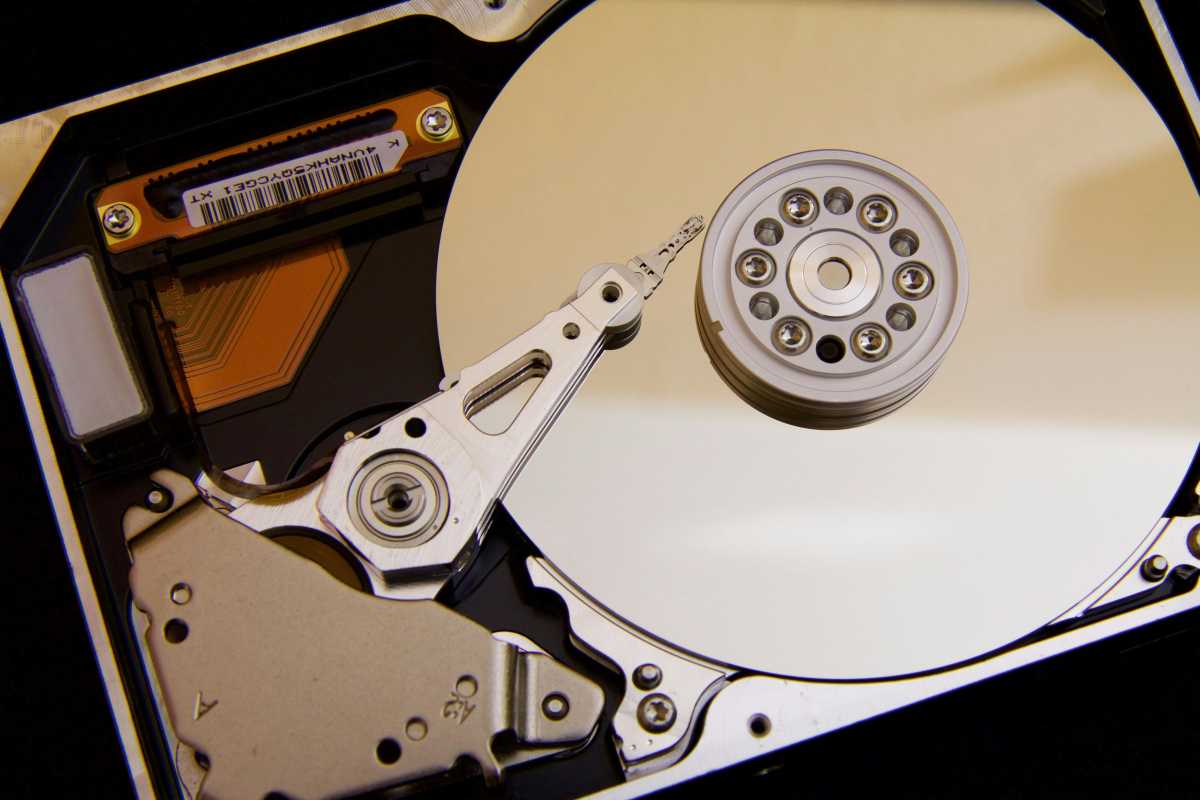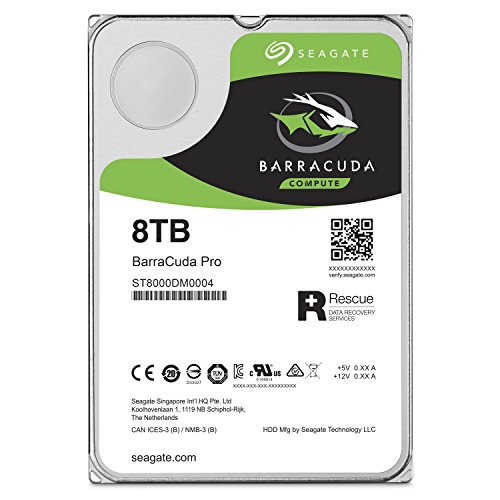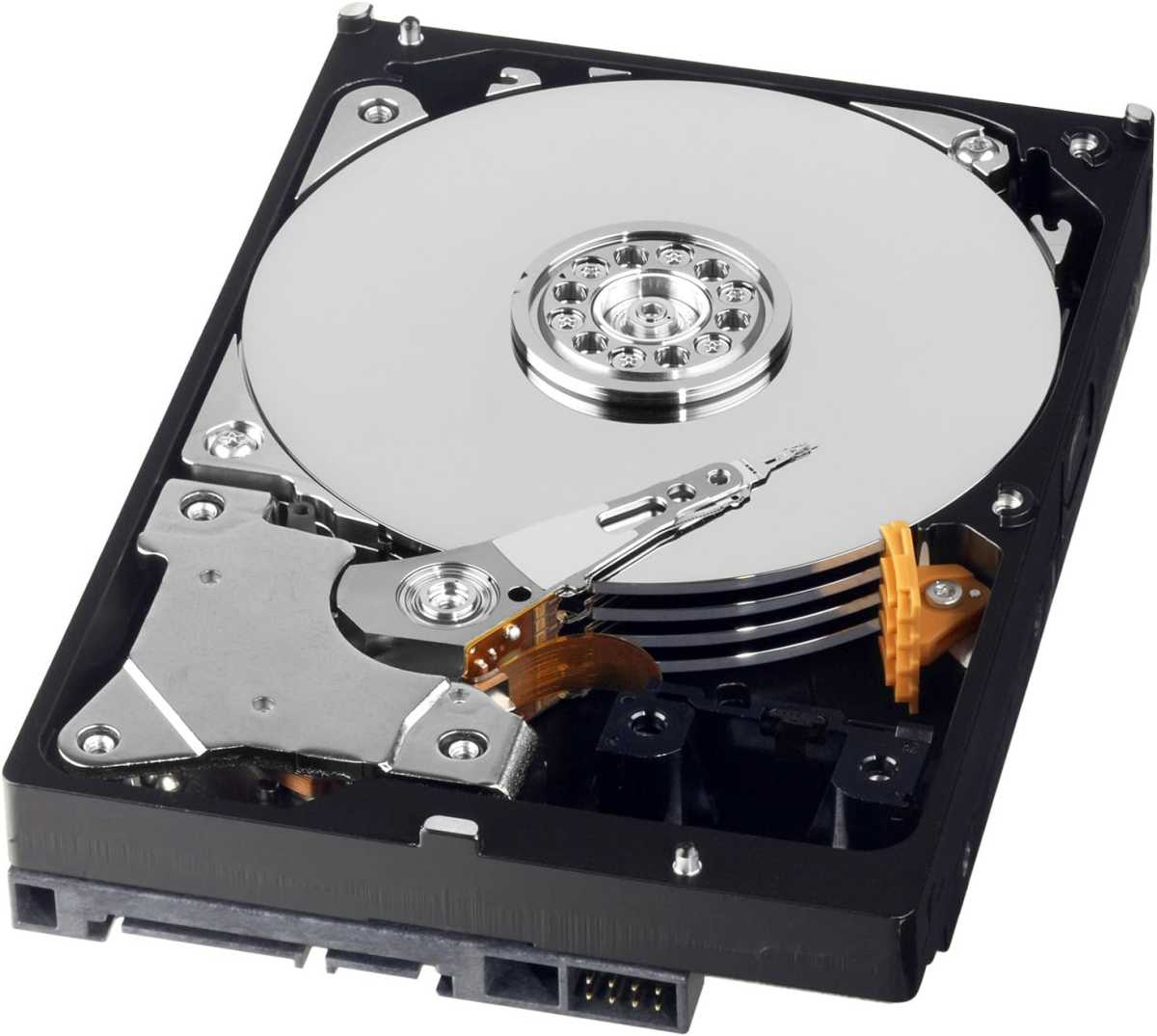
 Image: IDG
Image: IDG
Hard drives can work for many years under ideal conditions. However, various factors such as manufacturing quality, careful handling, protection from high temperatures, moisture, and power peaks can influence their service life. We’ll show you the proper steps to take to maximize the life of your hard drive.
Further reading: 3 reasons you should still buy a hard drive
Fall damage and static electricity
A fall, for example, can severely damage the hard drive. The impact can cause the read/write head to hit the rotating platters and scratch or damage them. Internal components can also shift and the read head or drive motor can be damaged. That’s why it’s important to handle external hard drives carefully and make sure that you do not drop your laptop to protect internal hard drives. When buying online, if possible, make sure you use a reliable shipping service provider that handles electronic devices properly.
You should also protect your hard drive from static electricity, as such discharges can damage sensitive electronic components. Ideally, wear a grounded antistatic wrist strap when repairing and disassembling the hard drive to prevent static charges. Also avoid placing the hard drive on synthetic materials or clothing that can generate static electricity.
If possible, use an anti-static mat and hold the hard drive by the edges to minimize the risk. Store unused or external hard drives in anti-static bags to protect them from static electricity.

The read/write head of a magnetic hard drive is a moving part. In the worst case scenario, it can destroy the entire hard drive if it becomes defective or is dropped.
IDG
Ejecting the hard drive
Before disconnecting an external hard drive, you should always eject it safely via the Windows operating system. This prevents data loss and ensures that the read/write head is properly parked to avoid crashes. Abrupt ejection can cause voltage fluctuations and electrical spikes that can damage the electronics of the hard drive. Safe ejection allows the operating system to safely disconnect the hard drive and stabilize other moving parts such as the spindle motor.
Seagate 8TB BarraCuda Pro SATA 6Gb/s 256MB Cache 3.5-Inch Internal Hard Drive (ST8000DM0004)

Another important point that is often neglected: High-quality power supply units (PSUs) from renowned manufacturers offer stable performance and furthermore have integrated protective functions such as overvoltage, undervoltage, short-circuit, and overvoltage protection.
These functions prevent voltage fluctuations that could damage the electronics of your hard drive. A high-quality power supply is made of robust materials and undergoes rigorous testing to minimize the risk of failure.
Overheating
Unfortunately, overheating significantly shortens the life of a hard drive. The operating temperature of the hard drive should be below 55 degrees Celsius, even during heavy use. Make sure that your computer is well ventilated.
You’ll want to regularly remove dust and dirt from the ventilation slots. You should also avoid overloading your housing with too many components and monitor the temperature of the hard drive. If the hard drive runs too hot, move it to a cooler location or improve your computer’s cooling system.

A hard drive – here from WD – offers a lot of storage for relatively little money. However, it is also more vulnerable than a flash memory
IDG
High humidity and temperatures
Both high humidity and high temperatures can affect the service life of a hard drive. It is best to keep the humidity between 40 and 50 percent. If you live in a region with high humidity, invest in a dehumidifier. Alternatively, you can place silica gel packets in the computer case to absorb excess moisture. You can also use sealed and weatherproof cases for external hard drives and store them in dry places.
Reliable surge protection protects sensitive electronics in your computer from power surges. Even if your home has a surge protector on the main fuse box, it is advisable to use a local surge protector at the socket. Choose a surge protector with a high Joule rating, fast response times and advanced features such as indicator lights and resettable circuit breakers. Check the indicator lights regularly to make sure the surge protector is working properly.
This article originally appeared on our sister publication PC-WELT and was translated and localized from German.
Author: Friedrich Stiemer
Recent stories by Friedrich Stiemer:
Long live the hard drive: Why HDDs are still far from obsoleteWhy two SSDs are better than one in your PCHow to revive your broken USB flash drive


